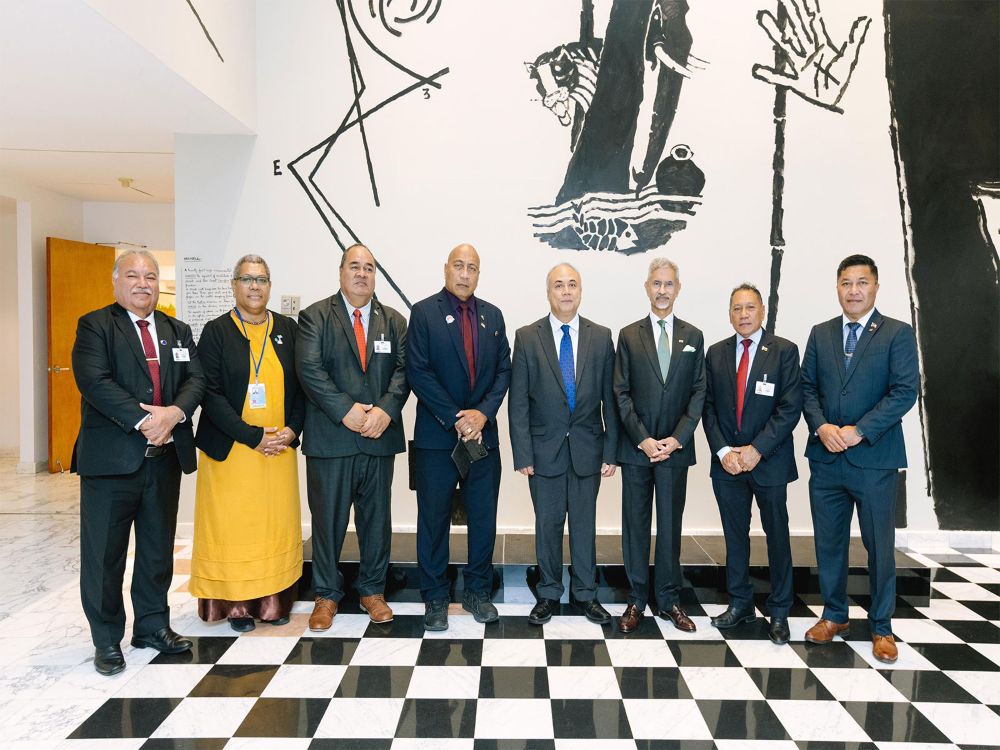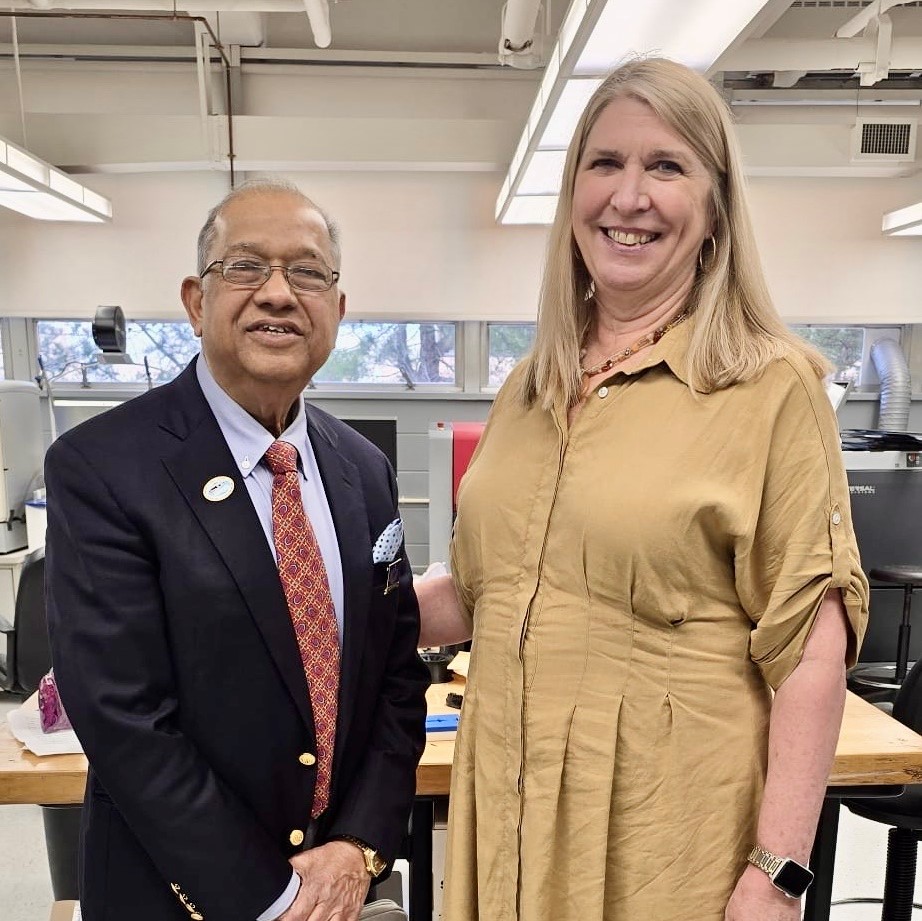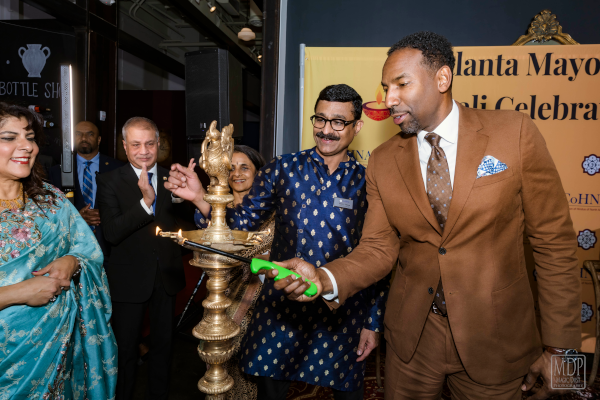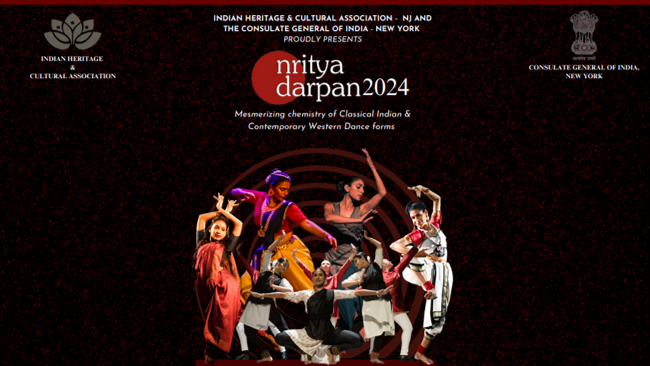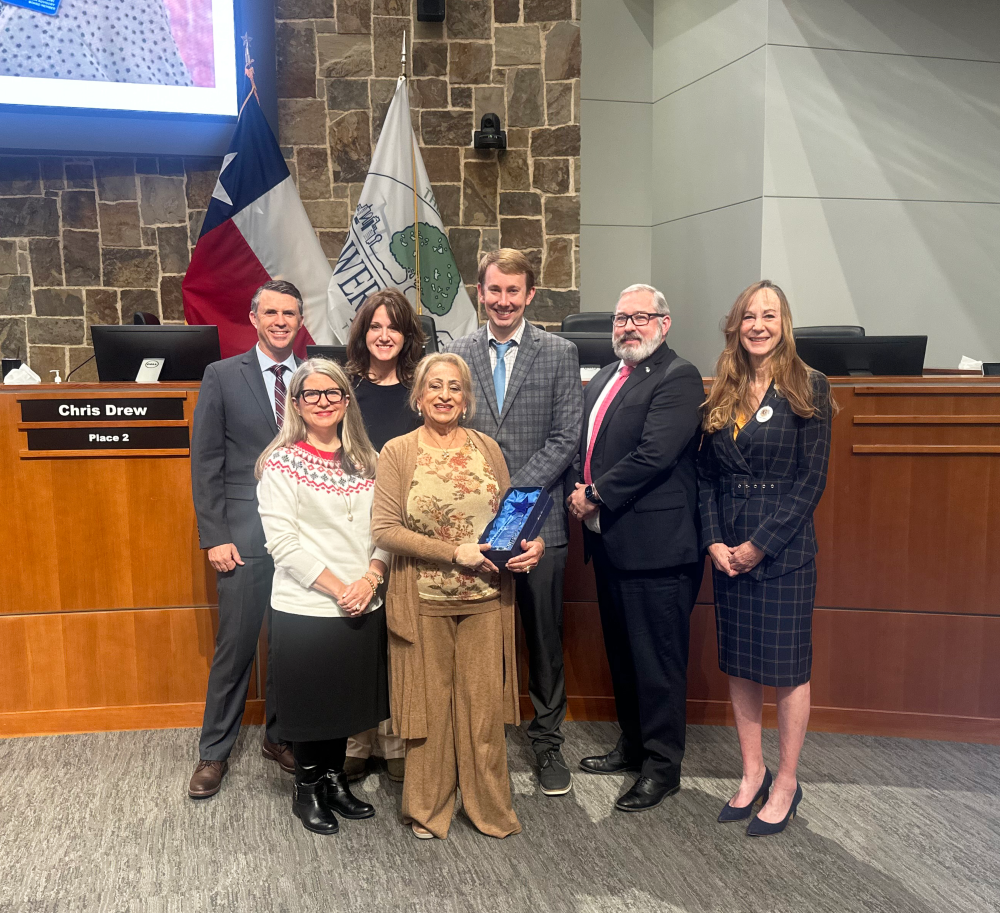Son of Indian American parents earns Ph.D. by exploring AI’s potential in revolutionizing diagnosis of diseases by medical professionals
Our Bureau
Davis, CA
Dr. Tanishq Mathew Abraham is a proud recipient of a Ph.D. in biomedical engineering at the age of 19 years, making him one of the youngest doctorates in the world. He has defied the odds in a world where the average age for obtaining a Ph.D. is around 31 years.
This young talent has not only exhibited exceptional academic prowess but has also made major contributions in the field of medical Artificial Intelligence. He has overcome many challenges in pursuing his Ph.D. that too at such a young age. Tanishq has been an extraordinary student since the young age of 2 years, born and raised in Sacramento, California to Indian American parents.
His mother Dr. Taji Abraham, a veterinary researcher, and father, Bijou Abraham, a software engineer by profession recognized their child’s exceptional abilities quite early and nurtured his talent by giving him all the necessary resources and support. Tanishq responded with full vigor throughout his educational pursuit, excelling in the academic, demanding coursework, and overcoming the unique challenge of being much younger in age in a university environment. Despite that, he stayed focussed and displayed resilience along with support from mentors and his family to achieve this amazing accomplishment.
He attributed his success to the support from his parents and sister, Tiara Abraham, who is pursuing a Master of Music degree at Indiana University, at the age of 17 years. He draws inspiration from his late grandfather Dr. Zachariah Mathew, a veterinary researcher who stimulated Tanishq’s scientific mind, and his 90-year-old grandma, Dr. Thankam Mathew, who was the first Indian woman veterinarian to receive a Ph.D.
Tanishq at the age of 14, started pursuing a Ph.D. in biomedical engineering at the University of California, Davis, with a focus on the development of artificial intelligence (AI) systems for diagnostic pathology under the able guidance of Dr. Richard Levenson as his Ph.D. advisor.
His doctoral thesis, titled “Virtual Staining of Slide-Free Microscopy Images with Deep Learning,” has explored the application of AI in revolutionizing the way medical professionals diagnose various diseases. His research used advanced algorithms and deep learning techniques to transform medical images, to assist doctors in making more accurate and timely diagnoses for improved medical treatment of patients.


















